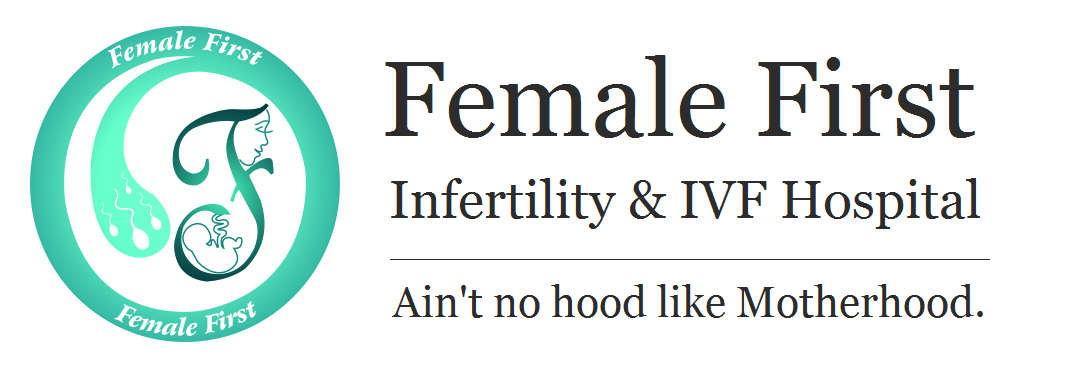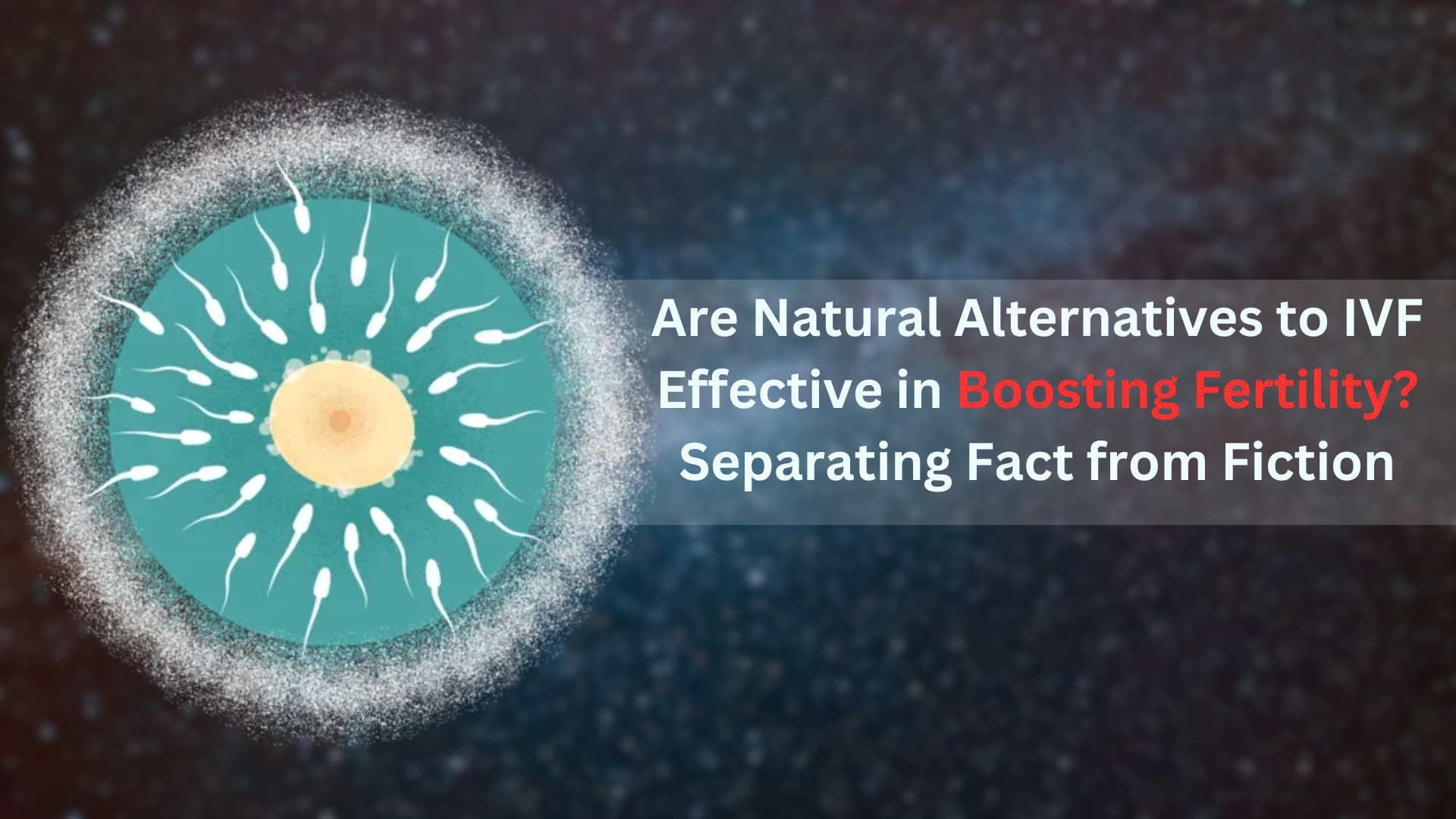Introduction: The journey to parenthood is a deeply personal one, and for those facing fertility challenges, the desire to find effective solutions is understandable. In recent years, there has been growing interest in natural alternatives to in vitro fertilization (IVF) as a means of enhancing fertility. However, it’s crucial to separate fact from fiction when exploring these alternatives. In this blog, we will delve into the world of natural fertility enhancement and examine whether these methods are truly effective.
The Appeal of Natural Alternatives:
- Holistic Approach: Natural fertility enhancement methods often focus on a holistic approach, addressing both physical and emotional well-being. This appeals to those who prefer a more comprehensive approach to fertility.
- Minimal Medical Intervention: Some individuals may be hesitant about the medical procedures and interventions associated with IVF and seek less invasive methods.
- Cost Considerations: IVF can be expensive, and natural alternatives are often perceived as more cost-effective.
Exploring Natural Alternatives:
- Diet and Nutrition:
-
- Fact: A balanced diet rich in essential nutrients can support reproductive health.
- Fiction: While a healthy diet is important, it may not be a standalone solution for complex fertility issues.
Herbal Supplements:
- Fact: Some herbs, like chasteberry (Vitex agnus-castus), have shown potential in supporting hormonal balance.
- Fiction: Herbs should be used cautiously and under professional guidance, as they may interact with medications and have varying effects on individuals.
Acupuncture:
- Fact: Acupuncture has been associated with reduced stress and improved blood flow, which can positively impact fertility.
- Fiction: It is not a guaranteed solution for fertility issues and may not be effective for everyone.
Lifestyle Changes:
- Fact: Reducing stress, avoiding excessive alcohol and caffeine, and maintaining a healthy weight can enhance fertility.
- Fiction: Lifestyle changes may not address underlying medical causes of infertility.
The Reality of Natural Alternatives:
- Varied Effectiveness: Natural methods can be effective for some individuals, especially those with mild fertility issues or those looking to optimize their overall health. However, they may not be effective for everyone, particularly in cases of severe infertility.
- Timing Matters: Fertility declines with age, and delaying medical intervention in favor of natural methods may reduce the chances of success. Seeking professional advice early is crucial.
- Complementary, Not Exclusive: Natural alternatives can complement medical treatments like IVF. Combining these approaches under the guidance of a healthcare provider may be the most effective strategy.
Consulting a Fertility Specialist:
- Individualized Assessment: A fertility specialist can conduct thorough assessments to determine the underlying causes of infertility and recommend tailored treatments.
- Informed Decision-Making: Armed with expert guidance, individuals and couples can make informed decisions about the most appropriate fertility enhancement methods.
Conclusion:
Natural alternatives to IVF have their merits and can play a role in enhancing fertility for some individuals. However, it’s essential to approach these methods with realistic expectations and recognize that they may not be the sole solution for all fertility challenges. Consulting a fertility specialist and considering a combination of natural and medical interventions may offer the best chance of achieving the dream of parenthood. Ultimately, the path to parenthood should be based on individual circumstances, guided by professional advice, and chosen with confidence.


Add Your Comment